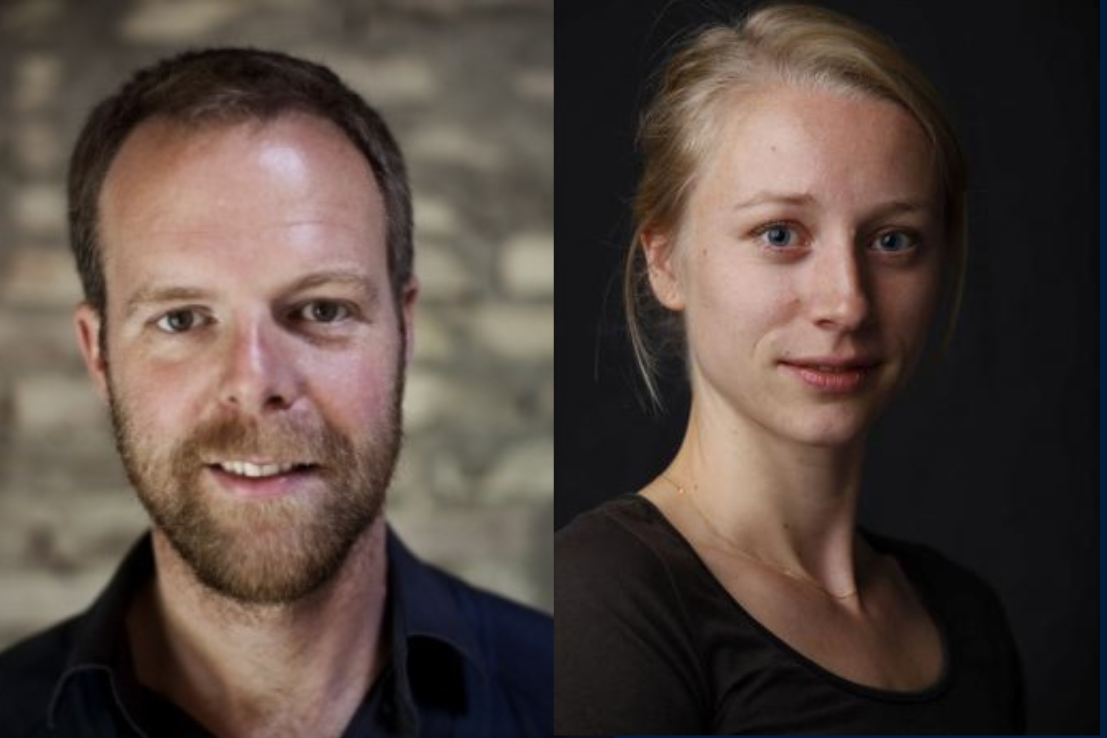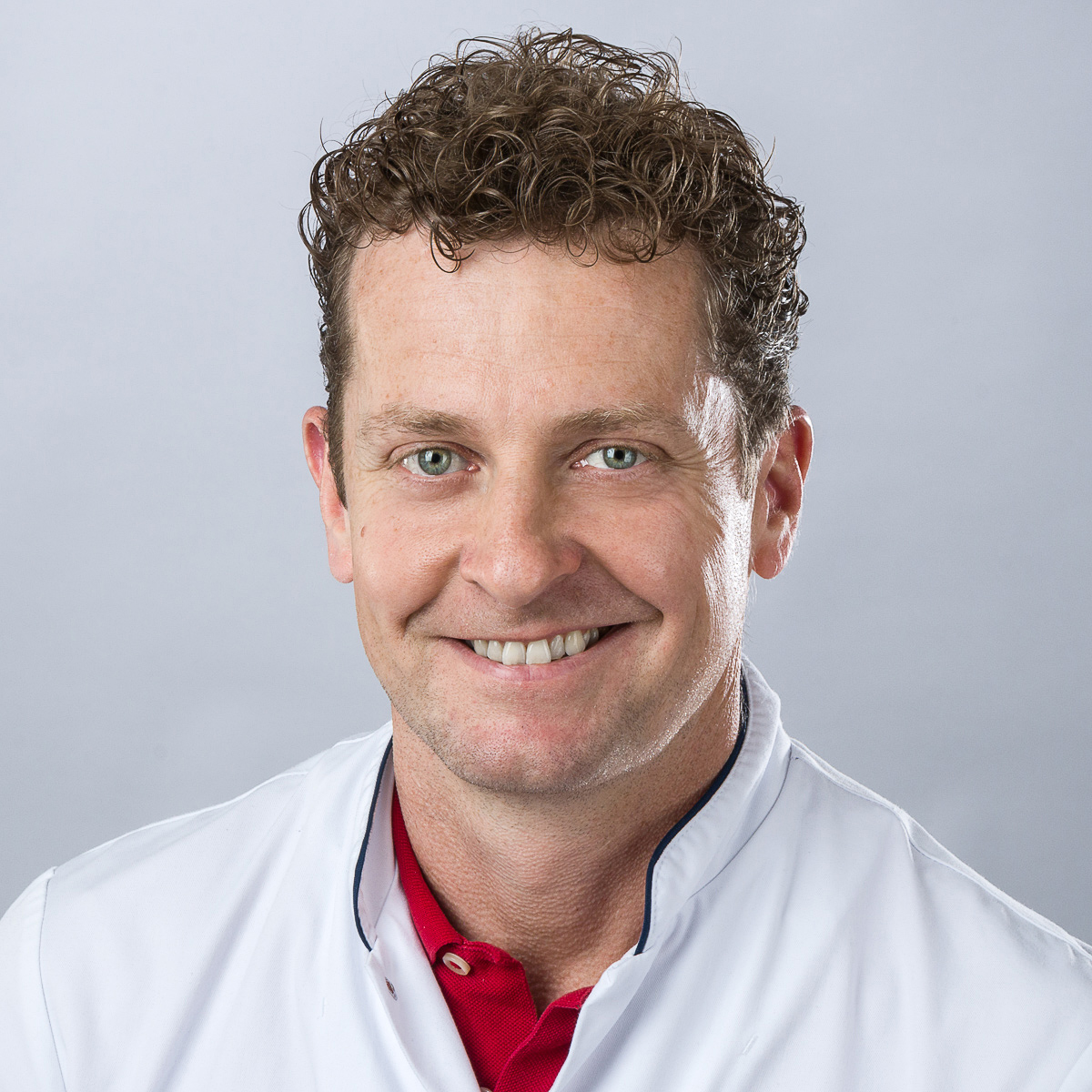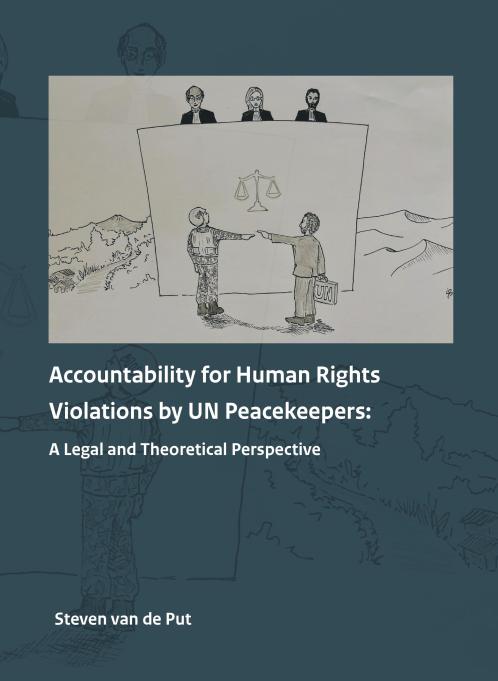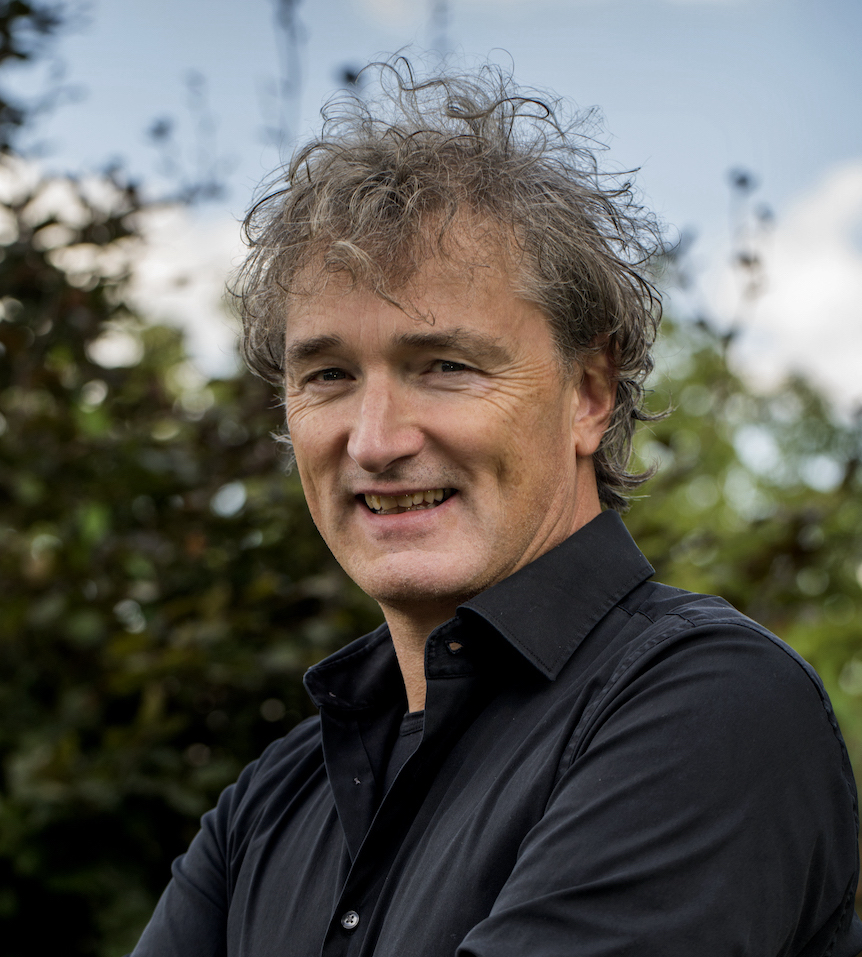News
-

At the CARIM research institute (school for cardiovascular diseases) in Maastricht, a group of researchers – led by Joost Lumens - is working with ‘het digitale tweelinghart’ (the digital twin heart): a computer model that simulates the human heart. This research gives rise to a great deal of optimism. Thanks to the possibilities offered by the digital twin heart in the future, treatments can be better targeted to the clinical profile of one specific patient. Also, fewer invasive and (therefore) burdensome treatments for the patient will be needed and there will be a reduction in the number of the laboratory animals required for research.
-

Christian Ernsten and Claartje Rasterhoff, in collaboration with Natuurmonumenten, receive €100,000 for their project ‘Rivier Atelier at the Geuldal: heritage management in times of climate change’.
-

In light of the fast developments within the use of generative AI, the SHE Management Team has developed guidelines for the use of AI.
-

Marieke Dewitte is one of the scientists performing at the Maastricht Theater aan het Vrijthof on Tuesday, Oct. 10, during the theatre tour of the University of the Netherlands.
-

In this inaugural lecture, Lars van Vliet addressed the question of how legal proceedings surrounding Nazi looted art should be shaped in a balanced way to ensure a fair trial.
-

Lee Bouwman, a vascular surgeon, works as a researcher on the implementation of new techniques in healthcare. As professor by special appointment of Clinical Engineering at the Faculty of Science and Engineering (FSE) and the Zuyderland Medical Centre, he seeks collaboration between engineers and doctors to make healthcare more efficient and affordable.
-

“Wie als slachtoffer zijn recht zoekt, verdwaalt gemakkelijk in juristerij en een wereld waarin veel onbestraft blijft”, aldus Steven van de Put, promovendus aan de universiteit Maastricht. “Dit moet én kan anders. Het kan niet zo zijn dat individuen of groepen van individuen die iets ergs is overkomen, nog veel langer bezig zijn om te ontdekken waar ze hun recht kunnen halen”.
-

The EU-funded project FullCompensation aims to make the compensation of pain and suffering damages more equitable and efficient. To this end, the project led to the development of a model legislative proposal and guidelines, based on comparative and empirical evidence. These documents are intended as a source of inspiration for EU Member States and adjudicators that are considering reforming or establishing their own systems for the quantification of pain and suffering awards.
-

SBE Academics created and successfully tested a practitioner's guide for asset managers & asset owners. The guide has helped financial institutions like Nationale Nederlanden, Pensioenfonds Detailhandel, and more in assessing the sustainability preferences of their clientele.